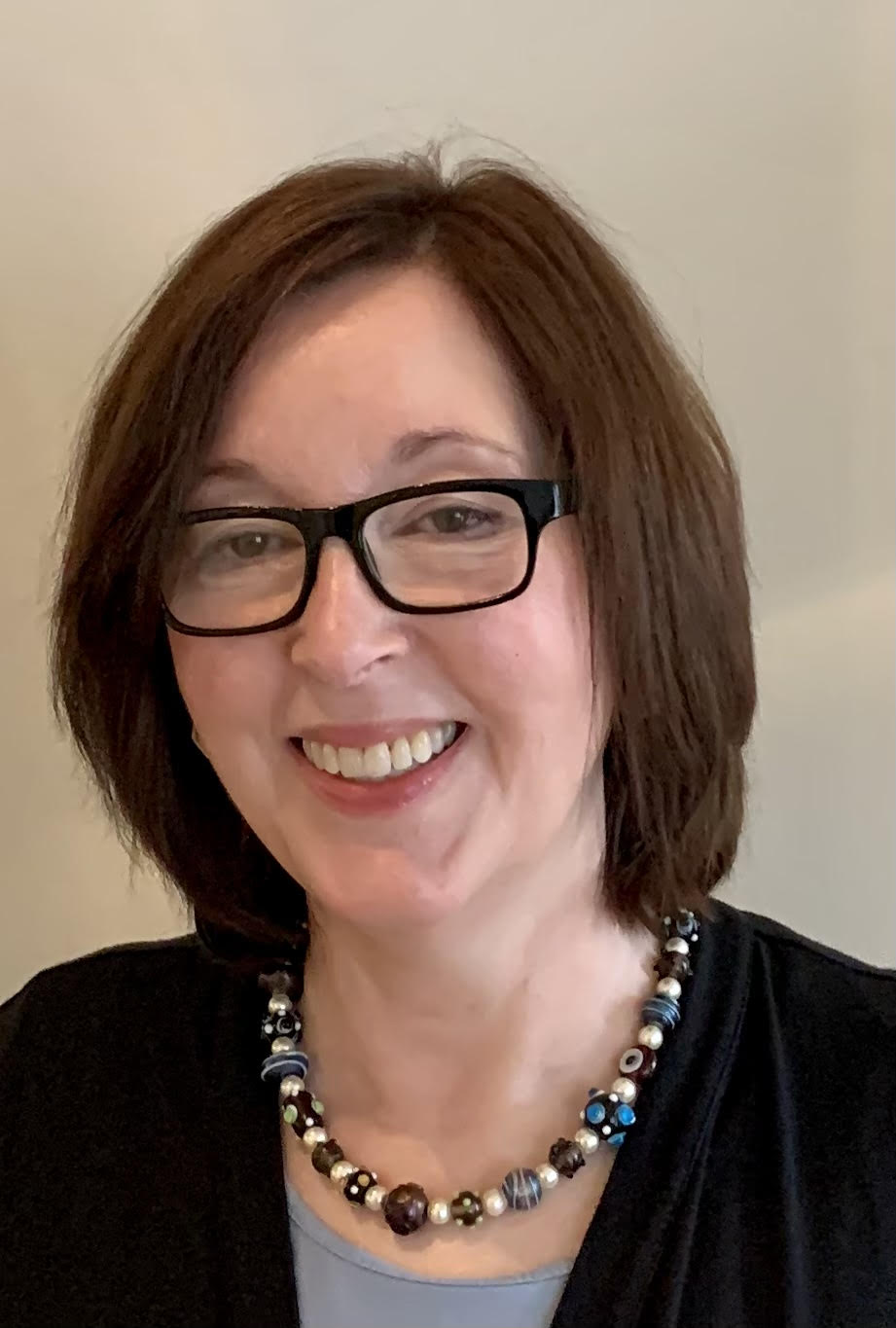Every day, nearly 10,000 adults in the United States turn 65, and every year, elder financial exploitation results in ever greater losses. In 2020, people over the age of 60 sustained more than $1 billion of losses due to fraud, an increase of $300 million over the previous year, according to the FBI's Internet Crime Complaint Center , known as the IC3. (Some estimates
put the losses much higher.)
Payments-related problems are often red flags that alert bankers that fraud could be occurring. Overdraft fees due to bounced checks, unusual ATM withdrawals, utility payments for multiple properties, or payment card transactions that aren't a pattern within the customer's normal payment history are just a few examples that can be explored to protect against elder financial exploitation.
The recent public spotlight on conservatorships—consider Britney Spears, Nichelle Nichols who played Lieutenant Uhura of Star Trek fame, and the 2020 Golden Globe-winning movie I Care A Lot—has identified an until recently little-known form of potential financial exploitation. Approximately 1.3 million adults, representing $50 billion in assets , are in some form of a conservatorship today according to the most recent statistics from 2016. This number includes those who are younger and have disabilities or other issues that may require oversight, but the majority are elders.
As the population continues to age, what risks need to be exposed to protect the elderly from financial exploitation? What are the differences among guardianship, power of attorney, and conservatorship? Are women more at risk for exploitation than men? What can financial institutions do to identify their elderly customers and protect them?
Join us on October 21 for the next session of our Talk About Payments (TAP) webinar series, when two experts in elder financial abuse prevention provide insights into these and other questions. Scarlett Heinbuch, a payments risk expert at the Atlanta Fed, will lead the discussion with Naomi R. Cahn, director of the Family Law Center at the University of Virginia School of Law, and Ronald C. Long, head of aging client services for Wells Fargo.
The webinar takes place on October 21 from 1 p.m. to 2 p.m. (ET). To participate in the free webinar, you must register in advance. Register on the event page or go to the TAP webinar page, where you can also view previous webinars. Once you have registered, we will send you a confirmation email with login information.
We look forward to a lively discussion on these little-known topics. Bring your questions!



